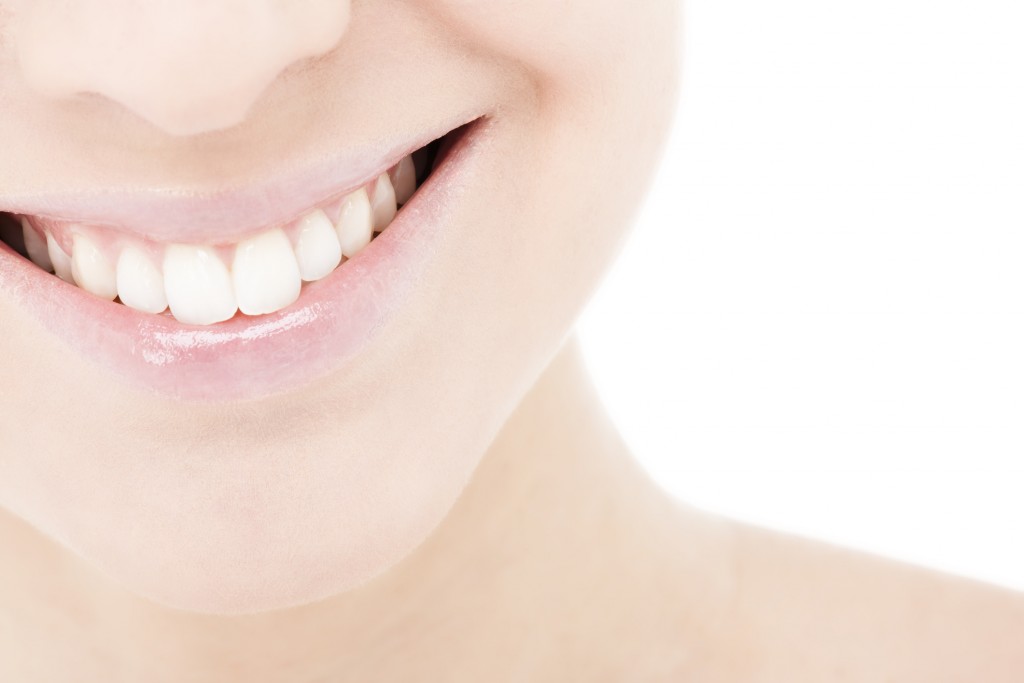
Bruxism, when teeth grind
Learn how to relax your jaw, to prevent head and ear ache
Bruxism is the involuntary habit of clenching or grinding teeth, which affects about 30% of the world’s population. This disorder can damage and wear away the molars, causing jaw muscle and joint pain, as well as discomfort in the ear, headaches and lapses of concentration.
Our teeth touch each other for between four and ten minutes a day, exerting a pressure of 10 to 30 kg per tooth. However, in people who suffer from bruxism, this can reach up to four hours a day with a pressure of 150-300 kg. The Spanish Periodontology Society believes that gnashing teeth is 40 times more powerful than chewing.
Tips to relieve jaw pain
- Massage the area: place your fingertips on both sides of your jaw and move them from right to left. Applying a warm cloth over the area also helps to relax it.
- Occlusal splint: using an occlusal splint or mouthguard at night is particularly recommended. These horseshoe-shaped plastic or resin splints are measured to fit your individual dental arch.
- Tension suppressor system: there is another smaller device, or tension suppressor system, which is placed on the front upper teeth and can be worn during the day.
- Relaxation techniques: when anxiety is the cause, using relaxation techniques such as yoga or mindfulness can be helpful. Try not to drink coffee or tea in the evening, and take deep breaths 45 minutes before bedtime to release any stress.
- Physical exercise: daily physical activity releases endorphins, helps soothe stress and gives us a sense of well-being.
Dental treatment usually focuses on correcting dental disorders and problems with the jaw and associated muscles. Your dentist will advise you on whether dental treatment is necessary or the problem can be fixed without physical intervention.
This post is also available in: Portuguese (Portugal)
